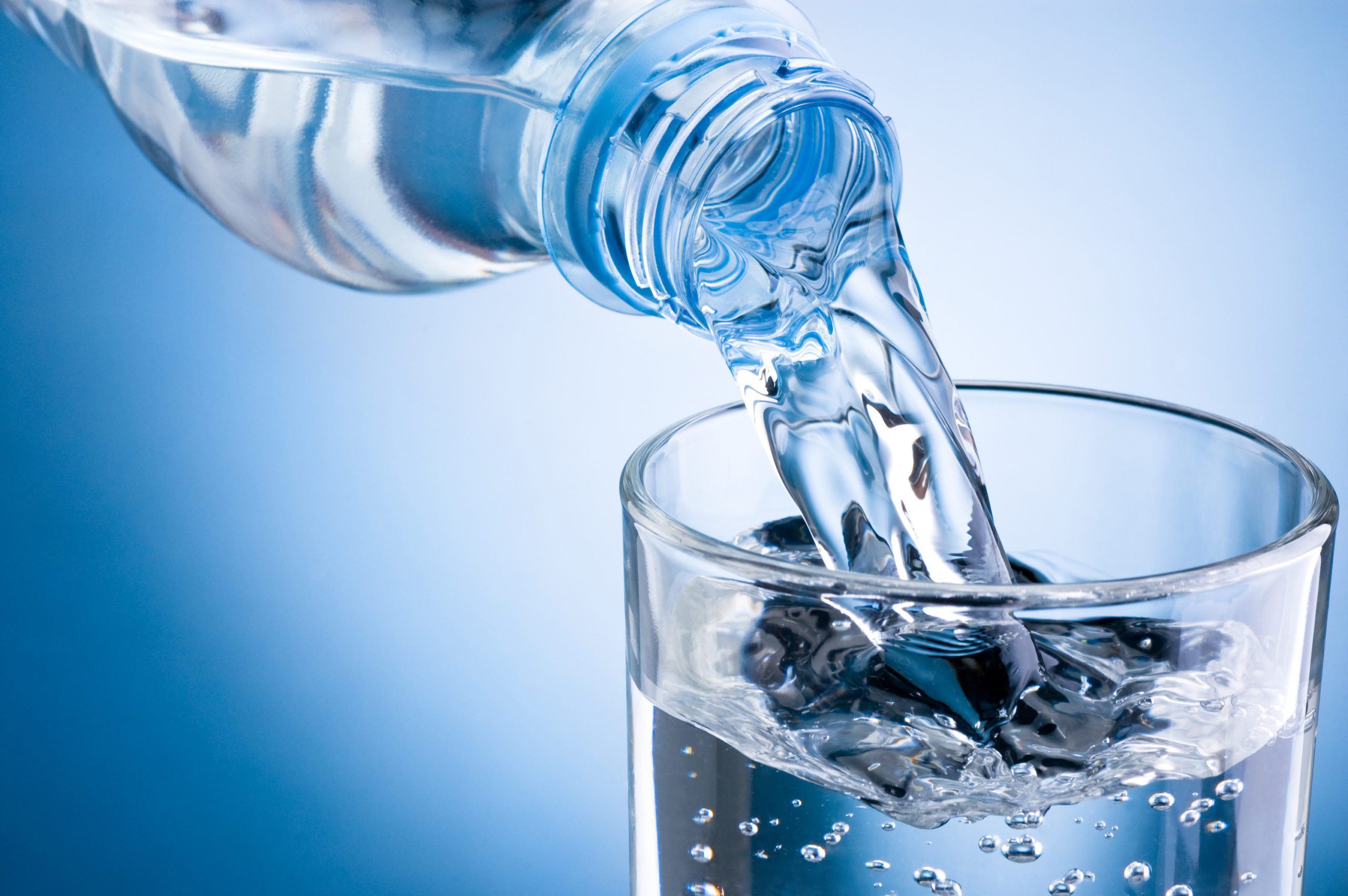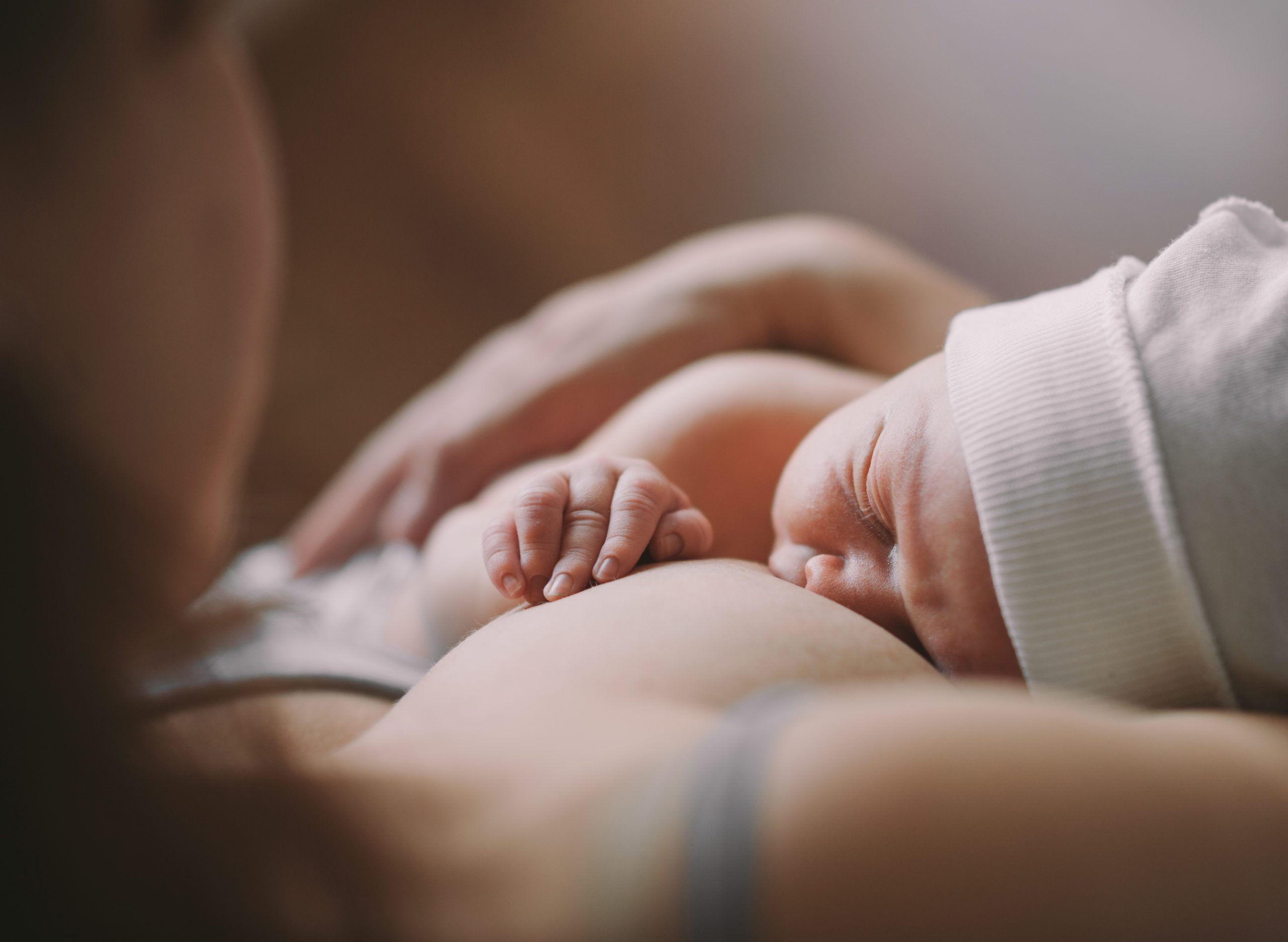For several years now, January has been identified as a month of sobriety. This is the time of year when people observe healthier resolutions and try to make “fresh starts” (particularly after the parties and celebrating that occurs in December). Of course, it’s a philosophy that we fully embrace and we are excited that several prominent outlets are publicizing the movement of Dry January.
The Chicago Tribune, for example, published a lengthy piece on the topic. In their story, they emphasized all of the emotional and physical benefits that accompany going clean. In their article, they emphasized all of the healthy beverage choices that can replace alcohol. They also delved into the financial benefits of cutting out booze for a month. Skipping bars can save an average person hundreds of dollars within a 30-day period. Another test would be for the scales. Try weighing yourself after completing Dry January and you’ll most certainly notice a difference.
Over on TheFix.com, some scientific evidence was presented, showing the benefits of the movement. Researchers at the University of Sussex discovered a significant portion of the people who commit to Dry January tend to cut back their alcohol intake throughout the rest of the year. The idea is, once you realize how enjoyable life can be without drinking you’ll probably choose to reduce it from your weekly activities.
One of the advocates of the study, Dr. Richard Piper, offered some psychological backing to the results as well.
“The brilliant thing about Dry January is that it’s not really about January,” he explained. “Being alcohol-free for 31 days shows us that we don’t need alcohol to have fun, to relax, to socialize.”
One other piece, which came from The Huffington Post, offered another important angle to Dry January. Writer Dr. Niall Campbell was of the opinion that this commitment should also be a time of self reflection. Of course it’s great to partake in a month of sobriety, but the fact that you have to do it all may mean that your drinking is a little too consistent (particularly if you find the exercise to be a struggle).
“If you think your drinking is problematic enough that you are thinking about not drinking in January, should you be thinking about stopping altogether or getting professional advice?,” Campbell wrote. “You need to ask yourself, ‘is it really possible for me to be a moderate drinker?’ Everybody wants to be a moderate, social drinker. The truth is, some people can’t be.”
If that is the case for you or someone you are close to, please reach out for an initial evaluation.
No Alcohol For New Moms
Alcoholism is obviously a crippling addiction and we all know that it can do tremendous damage to babies in utero. But additional research is showing that new moms need to avoid the bottle too. Just because the baby is born, doesn’t mean you have free reign to continue bad habits; particularly when you look at the serious risks associated with drinking and breastfeeding.
According to a new article in The Daily Mail, alcohol in breast milk can severely impact developing babies’ brain cells. It also reduces their thinking and reasoning abilities, potentially causing permanent damage that can live with these children for the rest of their lives.
There is also the deficiency component, as breast milk tainted with alcohol does not provide the vital nutrients needed for babies to grow and mature. And let’s not forget that being inebriated around an infant creates tremendous risks as well. Not only is your judgment impaired, your cognitive functions are severely impacted; raising the risk for an accident while holding a baby.
The common misconception is that drinking is ok after a baby comes to term. While we will all agree that expectant mothers should NEVER touch harmful substances, often times addicted parents feel that it is ok to resume their destructive behavior after a healthy newborn is delivered. Nothing could be further from the truth.
As the research showed, no alcohol should be consumed during the breastfeeding phase. Even a casual glass of wine could lead to a harmful transfer of alcoholic substances. And sadly, this is a fact that many new parents don’t realize.
“The safest option is to abstain from alcohol completely during both pregnancy and breastfeeding,” study author Louisa Gibson explained to The Mail. “This study suggests that there is no safe level of alcohol consumption, with every extra drink causing a little bit more harm.”
And this research was not conducted lightly. Over 5,000 mothers and babies were analyzed over a course of 10 years. Throughout that time, the development of children exposed to alcoholic breast milk was measured and significant issues were uncovered, from babyhood through middle school age. Further data showed that alcohol affected the daily functions of each of these babies, making it harder for them to focus and fall asleep.
Clearly if you have the urge to drink while nursing a young child, there is a serious problem afoot. If you sense this is happening to you or a new mom that you are close with, please reach out and get in touch with someone who can help.



